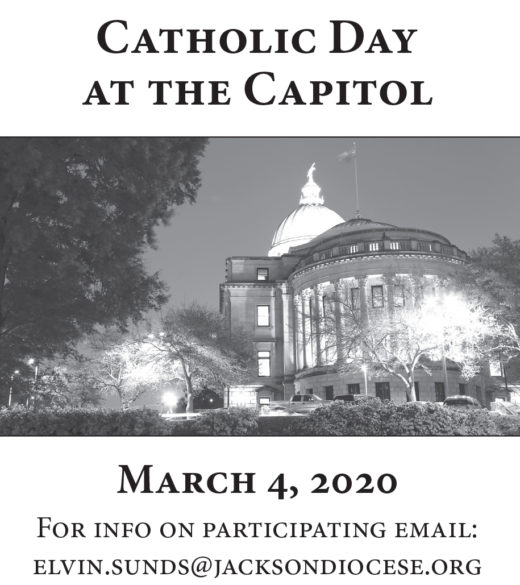By Richard Roberson
JACKSON – When the Affordable Care Act was passed nearly a decade ago, one of the primary ways that Congress increased health care coverage for those without insurance was by creating a new category of Medicaid eligibility for low income non-disabled, non-elderly adults. Commonly referred to as “Medicaid Expansion,” this program is funded at no less than 90% by the federal government. Approximately 200,000 Mississippians without health care coverage are eligible for this program. Citing differences in political philosophy and concerns about how the state can fund its small share of the costs, Mississippi leadership has refused to allow hundreds of thousands of its citizens to receive health care coverage through Medicaid expansion.
The impact of this decision is manifested by Mississippi ranking among the worst states for health care conditions, for medical debt, for the percent of its population without health insurance, for unemployment rates and for poverty. In addition, six Mississippi hospitals have closed and four have filed bankruptcy over the last several years. According to a Navigant study released in February 2019, Mississippi has the highest percentage of its rural hospitals in financial risk than any other state. A significant reason for the peril that these and other Mississippi hospitals find themselves in is the $600 million in uncompensated care costs associated with treating patients who have no means to pay for the services they receive.
The Mississippi Hospital Association has proposed a simple plan for Mississippi to extend Medicaid eligibility to low income non-disabled non-elderly adults. This plan is called MississippiCares. Under MississippiCares, eligible low-income Mississippians would pay $20 per month with modest copayments for health care coverage administered by a health plan offered by Mississippi hospitals and authorized by the Mississippi Legislature in 2015. Far from a free ride, MississippiCares ensures that plan members have skin in the game to be prudent consumers of health care services and to avoid unnecessary emergency department visits. An additional tax paid by Mississippi hospitals and payments from the federal government would fund the remaining cost.

MississippiCares is a winning proposal across the board. Low-income working Mississippians would have affordable health coverage and access to preventive care including telemedicine services; hospitals would receive payment for their services, thereby reducing uncompensated care costs by hundreds of millions of dollars; and, the economic benefit of over 9,000 new jobs would produce over $100 million in much needed new revenue for the state’s coffers. MississippiCares would preserve access to care for rural areas by keeping the doors open at rural hospitals and provide those hospitals with sustainable funding to launch new transformative services and to recruit physicians. MississippiCares literally provides a lifeline to Mississippians and their communities and it allows hospitals to help themselves by putting up their own money in order for the state to receive full federal funding.
MississippiCares is the single biggest thing that Mississippi leadership could do for our state. Based on outcomes in other states, Mississippi’s health care will improve, new jobs will be created and access to health care in rural areas will be preserved. Unlike other states, MississippiCares offers a funding solution that doesn’t require the state to foot the bill. It offers working adults a hand up, not a handout. Rather than ignoring the health care crisis that exists in our state, Mississippi would do well to implement this reform minded approach to expanding Medicaid coverage. For more information, go to www.mississippicares.org.
(Editors note: Healthcare and prison reform are the two issues at the forefront of Catholic Day at the Capitol on March 4, 2020.)
